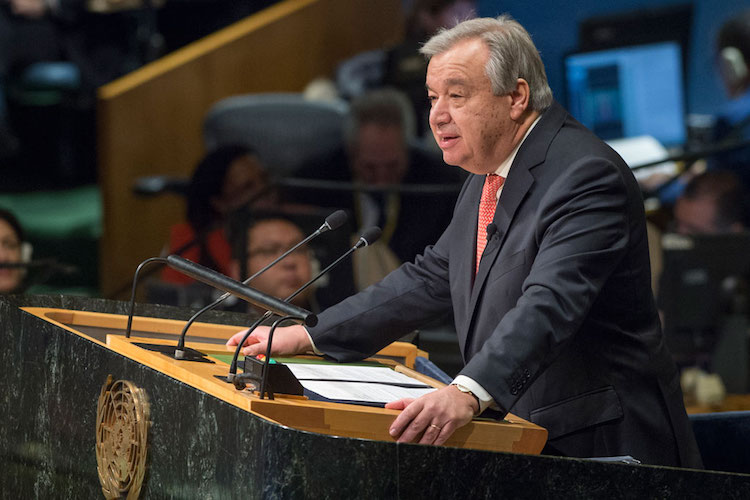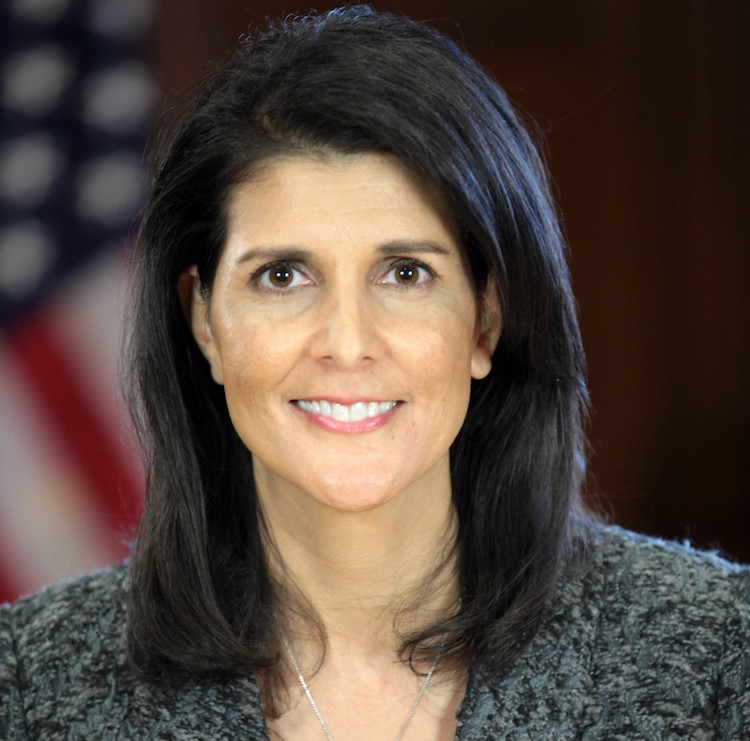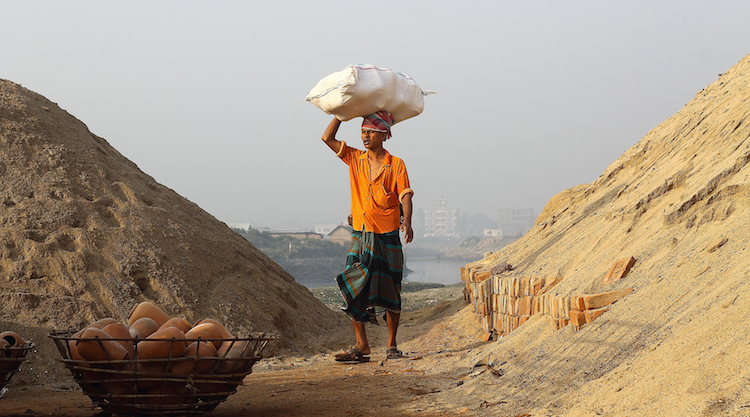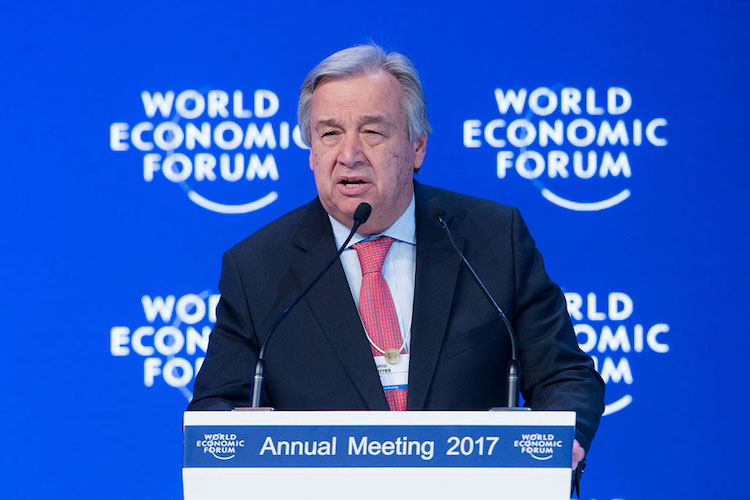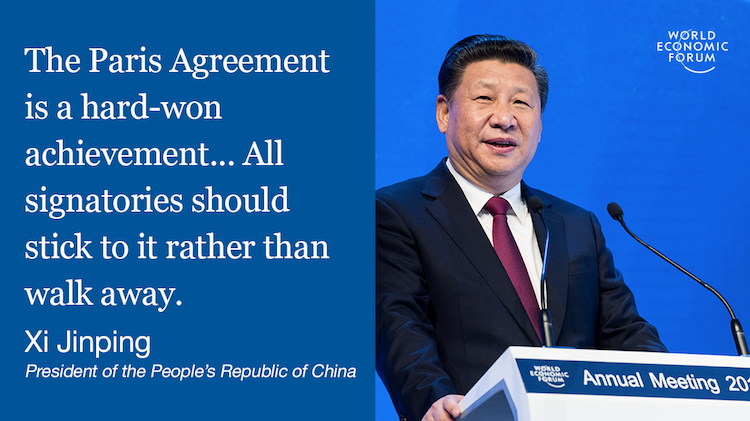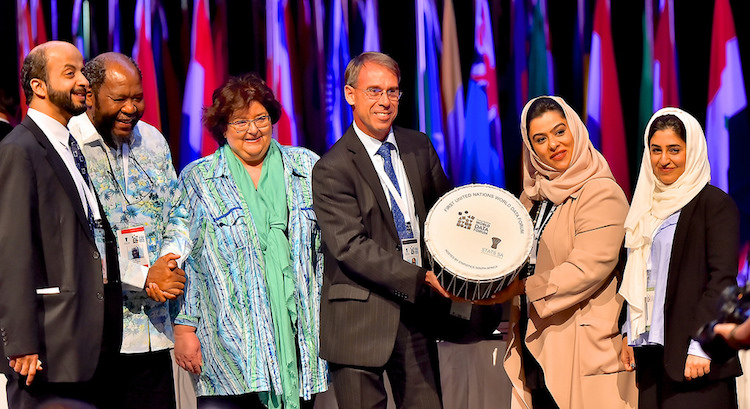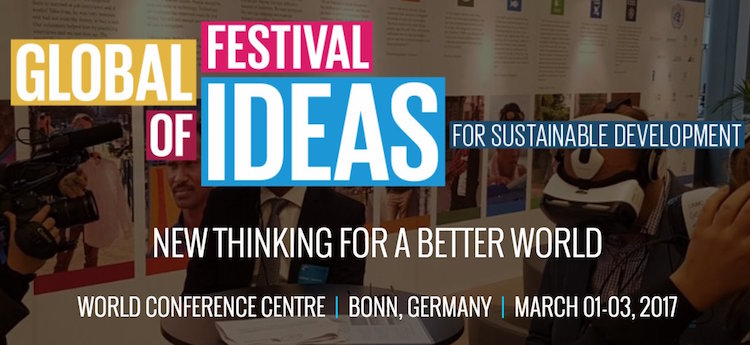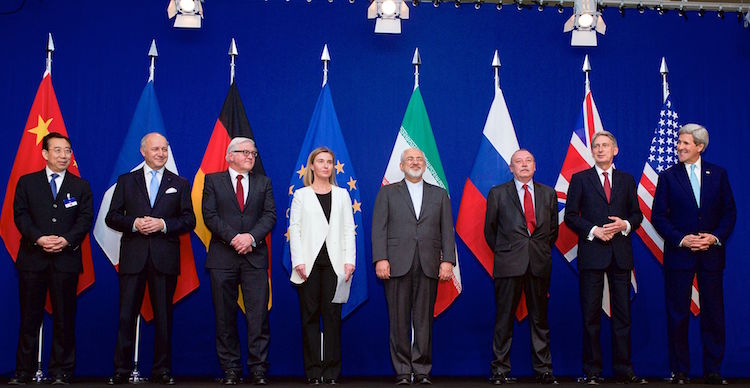By Jayantha Dhanapala*
COLOMBO (IDN) – Throughout my life I have had an abiding faith in the United Nations Organization which, three years hence, will celebrate its 75th anniversary. The foundation document of that unique world body – the Charter – is not only the bedrock of international law, but also the most inspiring document that can hold the international community together amidst its diversity and conflict.
Individual countries and Governments are dominated by their separate concepts of national security whereas the UN has to weave 193 of these national security concepts of member states into a tapestry that will serve the common security of the global community in a co-operative and credible manner.

